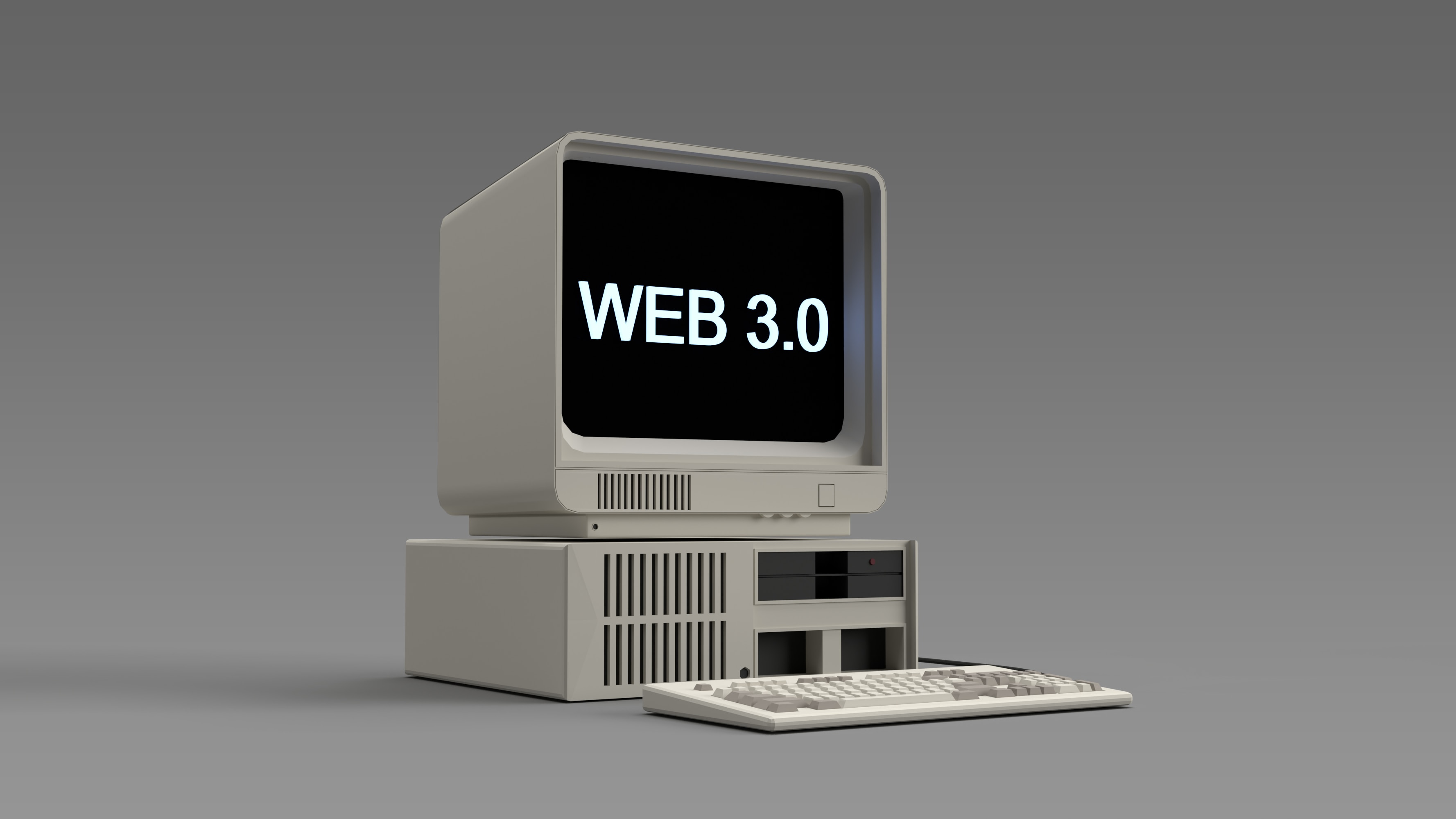Top Nine Finance Trends for Global Enterprise Agility Month
We are on the cusp of generationally defining changes within Finance.
So what does the future of finance hold, and what are leading financial institutions, traditional banks, lenders and Governments predicting for the Financial sector in the next few years?
Photo by Frans Vledder, on Unsplash
July is Global Enterprise Agility Month
To celebrate this unique month-long focus on corporate agility in the financial world, we’ve put together a list of the top nine finance trends, where we will be focusing on the shifting, agile sands of industry investment and evolution and how the finance industry is prepared to weather the storm of a fast-changing, decentralised and digital world:
What is Global Enterprise Agility Month?
- “Global Enterprise Agility Month brings awareness and focus to the conversation and actions we can all take to ensure our organisations survive and thrive, creating happier employees and customers”.
GEAM is more than simply a celebration of business agility in a disrupted world beset by rising interest rates, increasing security breaches and cost-of-living crises – it’s a holistic highlighting of healthy company cultures, strategies and processes that builds and maintains top-of-class teams across any industry.
However, here at Renaix, our eye is firmly focused on the world of Finance and Audit – so here are the Top Nine Finance Trends and how “agility” is poised to be the differentiator across financial markets, banks, FinTechs and new customers everywhere.
WeChat: The Ultimate Mobile Banking?
WeChat is the Chinese-built “everything app” that Elon Musk desperately wants to emulate with his new X brand?
“WeChat provides text messaging, hold-to-talk voice messaging, broadcast (one-to-many) messaging, video conferencing, video games, mobile payment, sharing of photographs and videos and location sharing”.
WeChat could provide the basis of a new future of mobile banking because of its ubiquitous use, scale, portability, personalisation, and security, and it is often touted as a version of a “super app” that can connect every app and service under one roof.

Unsplash+In collaboration with Getty Images
Naturally, payments constitute a significant component of this.
- “It is not unusual for an ordinary WeChat user to access the super-app to message a friend to make plans to catch a movie, book movie tickets, order a taxi to head to the cinema and pay for all other transactions made during the evening”.
Questions arise, however, over how readily Western consumers will take to super apps, especially in an already busy and established FinTech sector.
Western financial institutions, especially banks, have a long-standing heritage of specialism and consumer independence, whereas in Eastern cultures, mobile banking.
Indeed, financial connectivity for the “unbanked” of any kind – has been dominated by more giant conglomerates and is a relatively recent invention.
Our financial super apps may try and emulate WeChat, but they won’t be the same. But the future of super applications – and finance apps in general – is very much here!
Unsplash+In collaboration with Getty Images
Cloud-Native Systems Will Replace Legacy Alternatives
Cloud usage, especially within banking, payments providers and legacy financial institutions, is hitting new highs year-on-year for competitive development and cost savings.
- “They are more cognisant of the need to use their incumbency to fend off the competition from newcomers and FinTechs, who are already taking advantage of what the cloud has to offer to enter into banking services”.
- “Banks worldwide can save up to $246B by switching to a cloud-native architecture, including a 76% decrease in core spending and a 15% reduction in total IT costs over five years”.
To be at the tip of the finance spear means having as many tools in your belt as possible to stay competitive, connected and cost-effective, and cloud adoption does a lot of the heavy lifting!
Photo by Billy Huynh, on Unsplash
Open Banking Will Dominate the Future
Open Banking is often seen as the actual future of finance due to its utility and speed for wholesale business improvement.
The competitive benefits are legion – data-led financial decision-making, faster services, personalised services and more, and despite data security being touted as a significant hurdle to overcome, Open Banking represents the future of data-first finance in a digital world.
- “Open banking will force large, established banks to be more competitive with smaller and newer banks, ideally resulting in lower costs, better technology, and better customer service”.
Photo by Mathieu Stern, on Unsplash
More People Get Their Money Professionally Managed
In times of crisis, recession and low-consumer spending confidence, not to mention a cost-of-living situation, money management returns to the fore as a significant driver of spending, banking, and investment trends.
The rise of budgeting apps, for example, indicates a culture of people being more aware of how to look after the pennies, and this niche sector is only growing in scale and reach.
- “The global finance app market size is expected to reach USD 2.01 billion by 2028”.
Unsplash+In collaboration with Getty Images
What Is Embedded Finance, Who Distributes It, and What Products Do They Offer?
Embedded finance is one of the fastest-growing and most crucial financial growth sectors globally – “the global embedded finance market was valued at $66.8 billion in 2022, and projected to reach $622.9 billion by 2032, growing at a CAGR of 25.4% from 2023 to 2032″.
Embedded finance – “the integration of financial services like lending, payment processing or insurance into nonfinancial businesses’ infrastructures” – is a cornerstone of the modern financial landscape.
The distributors of it are some of the world’s largest companies, such as retailers, software firms and Telecom companies, and some of the world’s most significant brand names – Venmo, Google Pay and Klarna, for example – are Embedded Finance solutions.
As per this McKinsey report, existing providers offer four major embedded finance products – transaction accounts, money movement/payments, prepaid debit and credit cards, and secured and unsecured lending.
The embedded finance model is upending and revolutionising the core systems behind traditional finance and is going nowhere anytime soon!
Photo by Barbara Zandoval, on Unsplash.
Artificial Intelligence and Machine Learning Will Increase in Importance
The importance of artificial intelligence within finance cannot be overstated.
From better fraud management to data transparency, algorithmic trading and administrative automation, AI is an emerging and soon-to-be critical evolution in finance.
This Deloitte piece summarises where the primary shifts in finance will come due to AI, focusing on customer relationships, security, chatbots and risk management.
This Nvidia report states four key fields for AI expansion in finance – hybrid cloud services, LLM growth, new revenue streams, and executive-level implementation of AI.
As of writing, we’re sitting on the cusp of fully-fledged AI adoption, but customers, especially over the past year, have become increasingly aware of how machine learning will change the financial game.
Photo by Kanchanara, on Unsplash
More Non-Tech People Get Into Crypto
46.5 million Americans who have never purchased cryptocurrency say they will likely invest in crypto for the first time next year”.
Even though we are still in the depths of crypto winter, the future is bright for decentralised finance.
The rise of NFTs in niche sectors like gaming is driving a slow recovery; the rise of “cold wallets” from people worried about security is a sign of increased diligence, and rising regulatory oversight is fuelling confidence in the market again.
This is all to say that people outside of crypto-niche fandoms will continue to invest in this emerging form of money management and investment.
Photo by Jefferson Santos, on Unsplash
Higher Investments in Cybersecurity and Fraud Mitigation
This year alone has seen a continuation of vast investment in cyber security as cyber-attacks continue to proliferate – “ global cybersecurity spending (including enterprise products and services) will increase by 13.2% in 2023”.
The most impact will be on the ground level, inside finance teams working hard to protect assets from fraud which is of extra importance when considering remote or decentralised teams having to defend webs of network connectivity away from a central hub and across borders.
A renewed focus on the human element of cyber security requires extensive and continual training, as the threat of data breaches is but one misplaced keystroke away.
What Does Web 3.0 Have To Do With Finance?
From blockchain-based investment and immersive VR NFT trading to permission less smart contracts and digital ownership, Web 3.0 is the catch-all term to describe a future of digitally-oriented financial interactions – built on blockchain technology – that will revolutionise how we manage money, spend money, and work with money.
Photo by Bastian Riccardi, on Unsplash
This McKinsey piece does a beautiful job of drilling down to a use-case example of how Web 3.0 trends will affect the financial world: “Remittances, asset swaps, trade finance, and insurance have all begun to employ smart contracts to achieve automation efficiencies. Lending may demonstrate one of the most compelling implementations of Web3 to date”.
Decentralised banking and Web 3.0 have the potential to usher in a future that is barely recognisable today.
If you’re looking for your next challenge in finance, then Send Us Your CV, or Search for Jobs to find out about the roles we currently have available.
Job Seekers
On the hunt for your next role? Upload your CV below and we’ll be in touch to discuss your requirements.
Employers
For employers seeking the right skills and cultural fit for your business, send us your vacancy to find out more about how we can help.
Submit CV Send Us Your VacancySearch Jobs
Popular this week
- What Qualifications And Skills Are Needed To Be An Accountant?
- How Does Industry 4.0 Differ From The Previous Generation?
- Agile For Accountants: Six Steps To Provide Necessary Tools And Relevant Processes
- What Are The Main Differences Between ACA and ACCA?
- What Are The Top Five Financial Accounting Facts For #AccountantsDay






